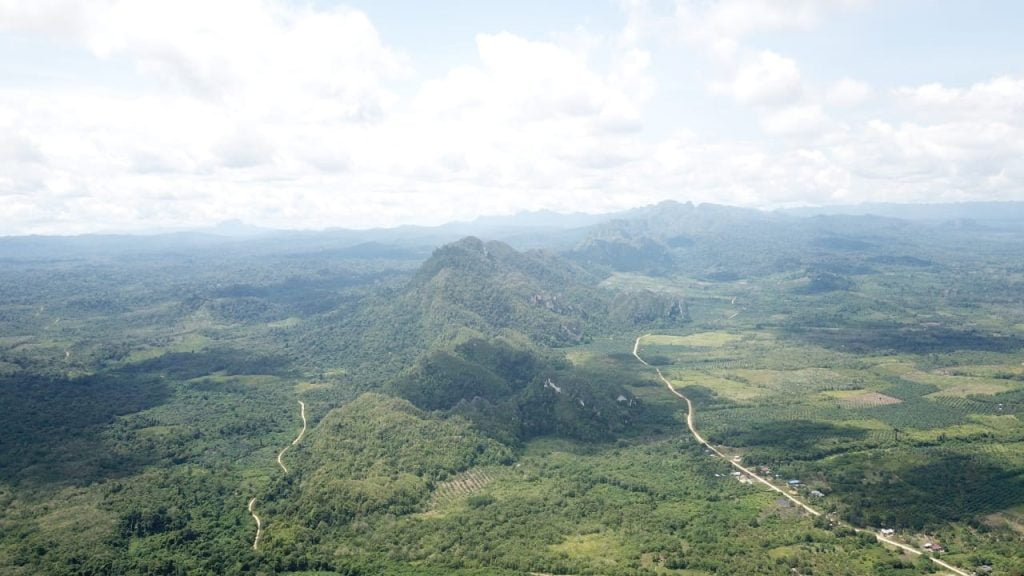Think Climate Indonesia (TCI) is a program dedicated to encouraging think tank institutions to develop research and recommendations related to climate change issues. Through this program PATTIRO conducted research on “Effectiveness of Implementing Forest and Land Rehabilitation Programs in Reducing Greenhouse Gas Emissions”.
This research focuses on the Indonesian Government’s commitment to the Paris Agreement to reduce Green House Gas emissions by 29% from the business as usual (BAU) scenario with its own efforts and 41% with adequate international support by 2030. Specifically, this research will investigate more further regarding the policy and implementation of Forest and Land Rehabilitation (RHL) as part of the realization of this commitment.
This research was developed from the background that the implementation of RHL has not been carried out optimally. In the 2015-2019 RPJMN, a target of 5.5 million hectares of critical land that could be planted was set. However, until the 4th year, the reduction in critical land through the implementation of RHL in Forest Management Units (KPH) and River Watersheds (DAS) had only reached 788,083 hectares or 14.3% of the target. Regional governments receiving Reforestation Revenue Sharing Funds (DBH DR) have also not yet optimized their budgets to run programs that contribute to achieving RHL targets.
This research will see to what extent the RHL target set by the 2020-2024 RPJMN of 420,000 hectares each year can be achieved properly. This research will also look at the extent of coordination between the central government and recipient regions in implementing the RHL program; effectiveness of implementing the RHL program as an effort to mitigate climate change in Indonesia; find out the extent to which RHL contributes to reducing greenhouse gas emissions; as well as knowing the impact and benefits of the RHL program for communities living around forests. In carrying out this program, PATTIRO collaborates with other TCI partners, namely the Partnership, Inobu Foundation, Kota Kita, and World Resources Institute Indonesia.

